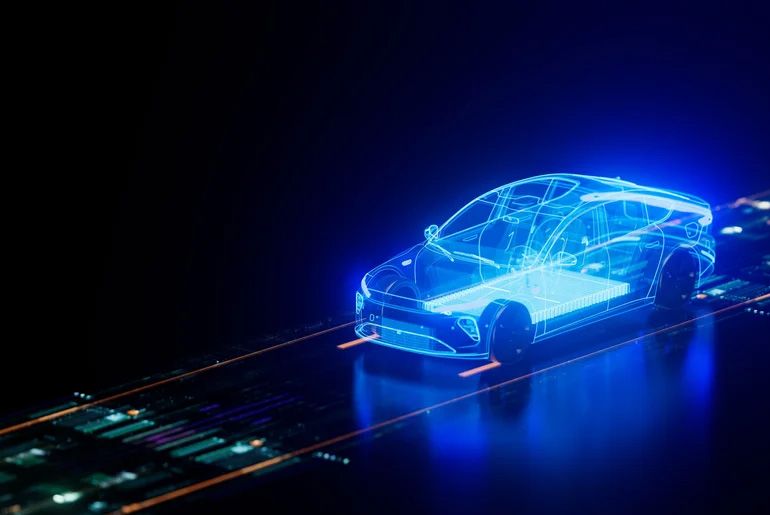Advancements in Battery Technology Pave Way for Autonomous Vehicle Revolution

The automotive industry is on the cusp of a technological revolution, with autonomous vehicles (AVs) set to transform the way we travel. At the heart of this innovation lies another crucial component: battery technology. As the world shifts towards sustainable transportation, researchers and manufacturers are investing heavily in developing batteries that can power AVs, driving growth in electric vehicles (EVs).
According to industry experts, advancements in battery technology will be essential for widespread adoption of EVs, particularly those equipped with autonomous capabilities. The high computational load needed for sensors, cameras, LiDAR, radar, and onboard processing systems required for AVs demands significantly more power than traditional electric vehicles.
Solid-state batteries, now being developed and tested, hold promise by increasing energy density, reducing the risk of overheating and fires, which could potentially double the range of current electric vehicles while also reducing charging times. Additionally, optimized battery management systems (BMS) will be critical in ensuring the longevity and safety of battery packs.
Innovations in fast EV charging technology are crucial for minimizing charging downtime in AVs operating continuously. Ultra-fast chargers capable of delivering 350 kW or more could enable charging within minutes, significantly enhancing operational efficiency. Smart charging stations equipped with automated EV charging capabilities must also be developed to meet the growing demand of ride-sharing and delivery fleets.
The integration of renewable energy sources with EV charging will become increasingly critical in the future. Autonomous electric vehicles (EVs) can serve as mobile energy storage units by storing excess renewable energy during off-peak hours and feeding it back to the grid during peak demand, using Vehicle-to-Grid (V2G) technology.
Artificial intelligence (AI) and machine learning algorithms are also being applied to manage battery technology, optimize charging processes, predict battery degradation, and extend battery life. AI can also optimize the deployment of EV charging stations and help utilities and fleet operators anticipate peak charging times, reducing strain on power grids.
While advancements in battery technology hold great promise, several challenges remain: reducing degradation through frequent charging and discharging cycles, securing raw material supplies for lithium-ion batteries, and developing sustainable recycling processes. The development of circular economy practices will also become crucial as the number of electric vehicles continues to rise.
Industry experts believe that the convergence of autonomous driving, electric vehicles, and renewable energy holds the potential to transform our transportation systems, reducing the carbon footprint of cities. By investing in cutting-edge battery technology and efficient EV charging solutions, manufacturers can pave the way for a cleaner, smarter, and more sustainable future.
